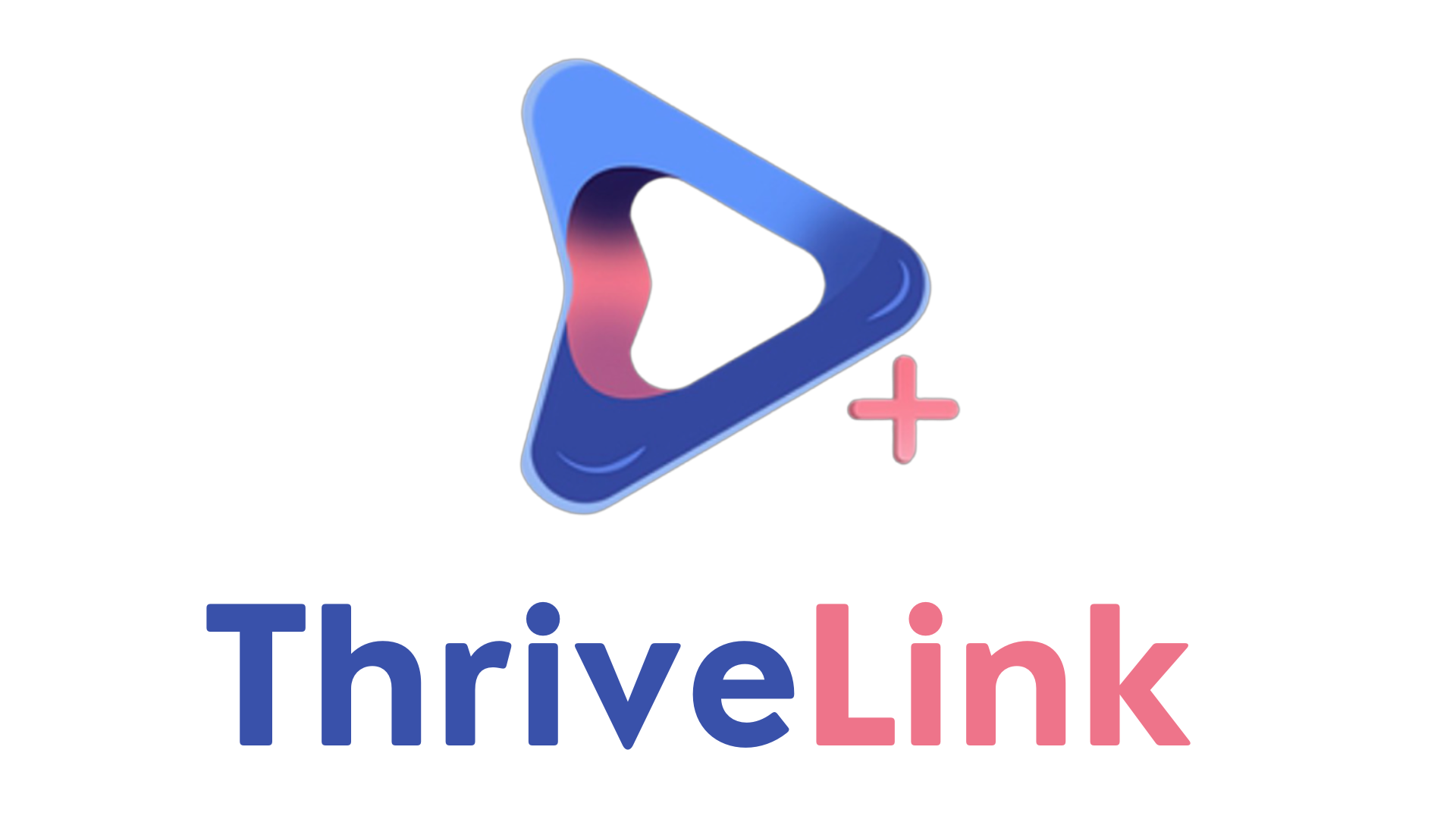Health-Related Social Needs
Medicaid Innovation Collaborative's third cohort seeks to find tech-enabled solutions to address unmet health-related social needs (HRSN) for Medicaid beneficiaries in Colorado, New Mexico, and Virginia.










Overview
The Medicaid Innovation Collaborative (MIC) aims to improve the health and wellbeing of individuals on Medicaid by connecting the ecosystem to tech-enabled innovations. The 2025 cohort empowers state Medicaid programs, health plans, and other key stakeholders to identify and implement solutions to address the health-related social needs of Medicaid beneficiaries. Those selected during the application review process have the opportunity to pitch their solution directly to Medicaid leaders, health plans, community members, and other stakeholders for potential funded pilot opportunities.

About the 2025 Health-Related Social Needs Focus
Innovative strategies and solutions are needed to successfully address the health-related social needs of Medicaid beneficiaries. As disparities have remained unchanged over decades, solutions must overcome the social, economic, and environmental disadvantages outlined in the research, with the goal of equitable access and outcomes. MIC partners with states, health plans, and entrepreneurs to identify, evaluate, and pilot solutions that effectively address beneficiary social needs, including:
- Food and nutrition security
- Housing supports
- Transportation services
- Navigation services
Our Approach
Addressing social needs is important for improving health outcomes and reducing longstanding inequity in health and health care. The participating MIC states prioritized focusing on food, housing, and transportation gaps, with the objective of finding innovative and scalable solutions that can demonstrate a positive impact in addressing at least one of the social needs outlined in the RFI.
Read the 2025 HRSN Request for Information (RFI)
Research Insights
Addressing health-related social needs in Colorado, New Mexico, and Virginia requires multiple strategies and approaches to address the variety of challenges faced by Medicaid beneficiaries. In partnership with the three 2025 cohort states, MIC conducted research with Medicaid beneficiaries to inform this process. These insights uncovered that individuals on Medicaid typically have multiple, interrelated social needs, which are risk factors for poor health outcomes.
2025 HRSN Applicants
MIC has developed a sourcing and selection process that engages state, health plan, and community stakeholders in defining a health equity goal, identifying and assessing vendors that support these goals, and supporting the consideration and implementation of these vendors to ensure these solutions are sticky, scalable, and deliver impact.
Over 60 HRSN solutions applied to MIC's 2025 RFI
Read the full roster of HRSN applicants.
2025 HRSN Showcase Presenters
Showcase presenters were selected from a pool of over 60 applicants, through a robust RFI and selection process that was informed by beneficiaries, health plans, state Medicaid leaders, community organizations, providers, and subject matter experts from across the Medicaid spectrum.
2025 HRSN Innovation Showcase
Read about the eight selected solutions focused on food & nutrition insecurity, housing affordability & quality, transportation services, and HRSN navigation services.
HRSN Innovation Pilot Program
The Medicaid Innovation Collaborative is pleased to present the The 2025-2026 HRSN Innovation Pilot Program. The pilot is focused on supporting tech-enabled solutions to address unmet health-related social needs for Medicaid beneficiaries in Colorado, New Mexico, and Virginia. The pilot solutions are focused on HRSN navigation services and housing affordability and quality.
New Mexico
- ThriveLink in partnership with Presbyterian Health Plan (PHP), Molina Healthcare of New Mexico (Molina), Blue Cross Blue Shield New Mexico, and the New Mexico Health Care Authority.
Colorado
- ThriveLink in partnership with Colorado Community Health Alliance, United Healthcare Rocky Mountain Health Plans, Colorado Access, and the Colorado Department of Health Care Policy & Financing.
Virginia
- Upside in partnership with Anthem HealthKeepers Plus Virginia, Sentara Virginia, Aetna Better Health of Virginia, and Virginia Center for Health Innovation.
- Samaritan in partnership with Humana Healthy Horizons of Virginia and the Virginia Center for Health Innovation.
New Mexico

Colorado

Virginia


